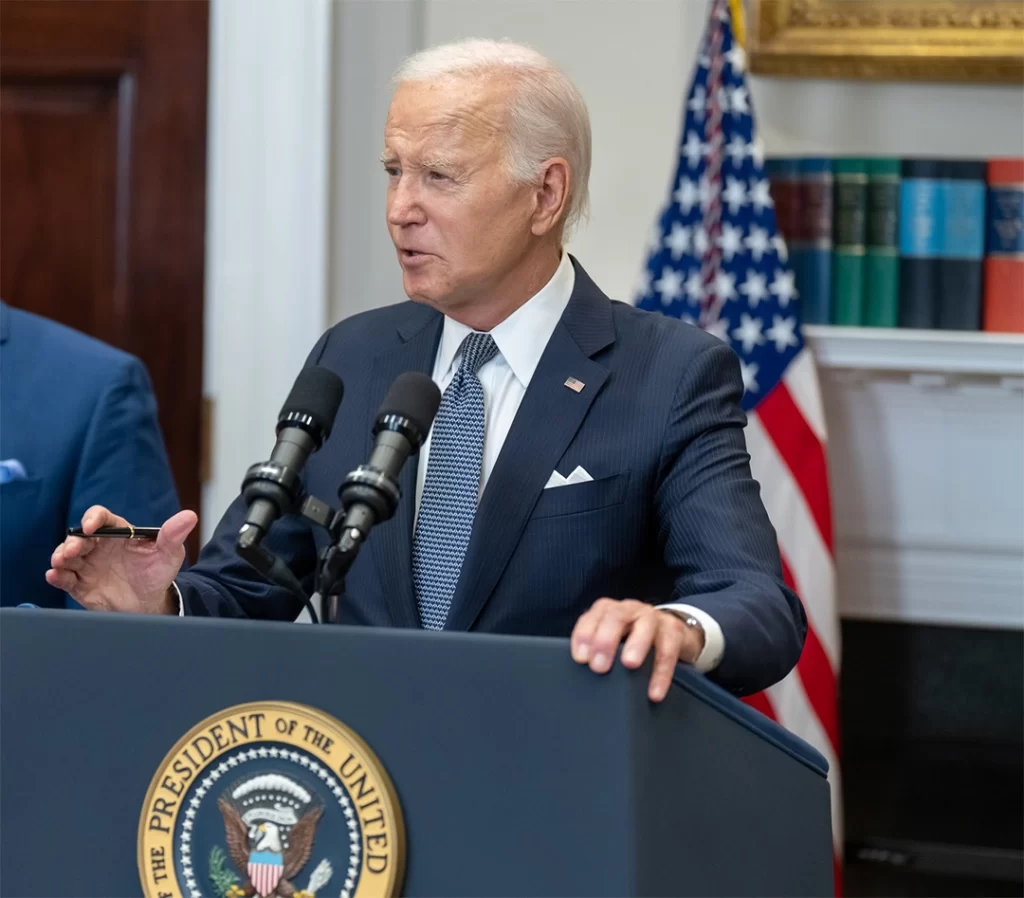In a bold stance echoing through the corridors of power and modest homes alike, President Biden has confronted the predatory practices of big banks. For too long, these financial titans have leaned on overdraft fees, a silent but hefty tax on the vulnerable, swelling their coffers at the expense of millions. This story, while unfolding in the United States, is a chapter from a global narrative, highlighting a widespread banking practice that impacts consumers worldwide.
Overdraft fees, often as high as $35 per occurrence, disproportionately impact those least able to afford them. In the U.S. alone, about 23 million households face these fees annually, contributing to a staggering $12.6 billion in bank revenue in 2019. This practice, prevalent globally, varies in its regulation and impact, but universally represents a significant financial strain for many.
Recognising the injustice, the Biden Administration, through the Consumer Financial Protection Bureau (CFPB), proposes a groundbreaking rule to curb these excessive charges. Expected to be finalised by late 2025, the rule aims to save affected American families an average of $150 each year, summing up to an estimated $3.5 billion annual saving. This move is a part of the Administration’s broader plan to reduce various costs for working families.

The universality of overdraft fees across different banking systems underscores the challenge of balancing bank profit motives with the need to protect consumers from exploitative practices. The approach to these fees varies across countries, from stricter regulations in parts of Europe to more lenient policies in others. This global perspective illuminates the overarching theme of financial fairness versus profitability.
Unsurprisingly, the banking sector has shown resistance. The Consumer Banker’s Association, for instance, argues that new regulations could reverse the industry’s progress in reducing overdraft fees. This opposition is emblematic of the broader struggle between financial interests and consumer protection.
As the U.S. proposal moves forward, it stands not just as a policy change, but as a symbol of a larger, global conversation about fairness in banking practices. The actions taken in one country often influence or inspire similar discussions and reforms elsewhere, contributing to an evolving landscape of financial regulation and consumer protection.
The Biden Administration’s initiative to slash overdraft fees is a bold step towards rectifying a deep-seated imbalance in our banking system. It’s a fight for the dignity of millions, a stand against a practice that has silently burdened everyday citizens for far too long. As this proposal moves forward, it carries with it the hopes of countless families, yearning for a system that works for them, not against them.





